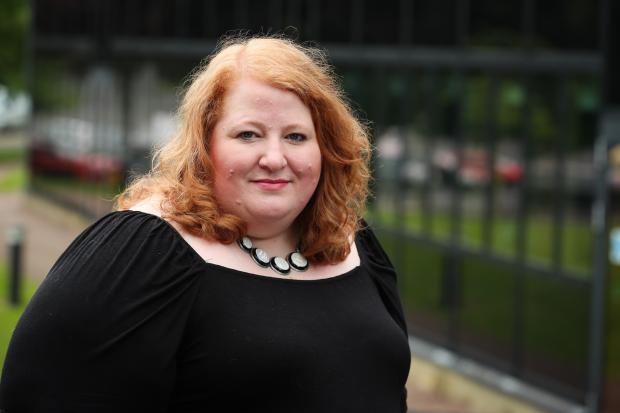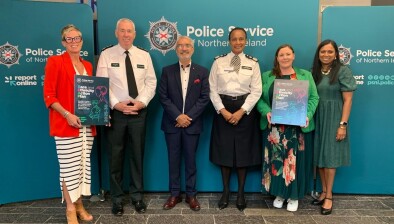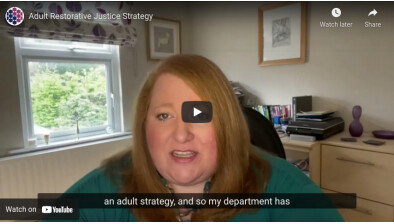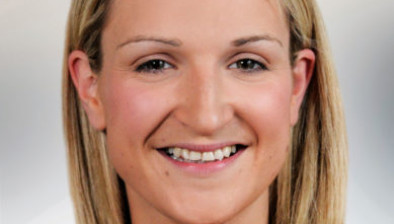Northern Ireland hate crime consultation seeks views on proposed law

Naomi Long
A public consultation launched today is seeking views on the model and scope of proposed hate crime legislation to be brought forward in the next Northern Ireland Assembly mandate.
A major judge-led review recommended in 2020 that Northern Ireland should adopt a statutory aggravation model of hate crime laws similar to that in Scotland.
The first phase of a two-phase consultation seeks views on this model as well as issues including the inclusion of sectarianism and how it would be defined; the inclusion of stirring up offences; whether alleged victims should be protected from cross-examination; and how misogyny and transmisogyny should be covered.
Naomi Long said: “As justice minister, one of my key priorities has been to improve support and legislative protections for victims. When someone is targeted because of who they are, where they are from, or what they believe, it is simply unacceptable. More than that, it is wrong and it is criminal. Hate crime can take many forms and as a society we all need to play our part in helping to combat it.
“That is why I am proposing that a new Hate Crime Bill be introduced for Northern Ireland, building on recommendations from a comprehensive and wide-ranging independent review of hate crime legislation commissioned by the Department of Justice and carried out by Judge Desmond Marrinan.”
She added: “My Department has already engaged in a series of targeted workshops with partners and presentations have also been provided to organisations as a pre-cursor to this public consultation, including those who represent victims of hate crime protected categories, to keep them informed of progress and hear their views on any particular issues of interest.
“We must do all we can to protect victims of hate crime and we must also try to prevent these incidents happening in the first place. We now have a real opportunity to put effective and robust legislation in place. I am keen to hear from organisations and individuals on how we take these recommendations forward and would encourage as many people as possible to share their thoughts through this consultation.”







